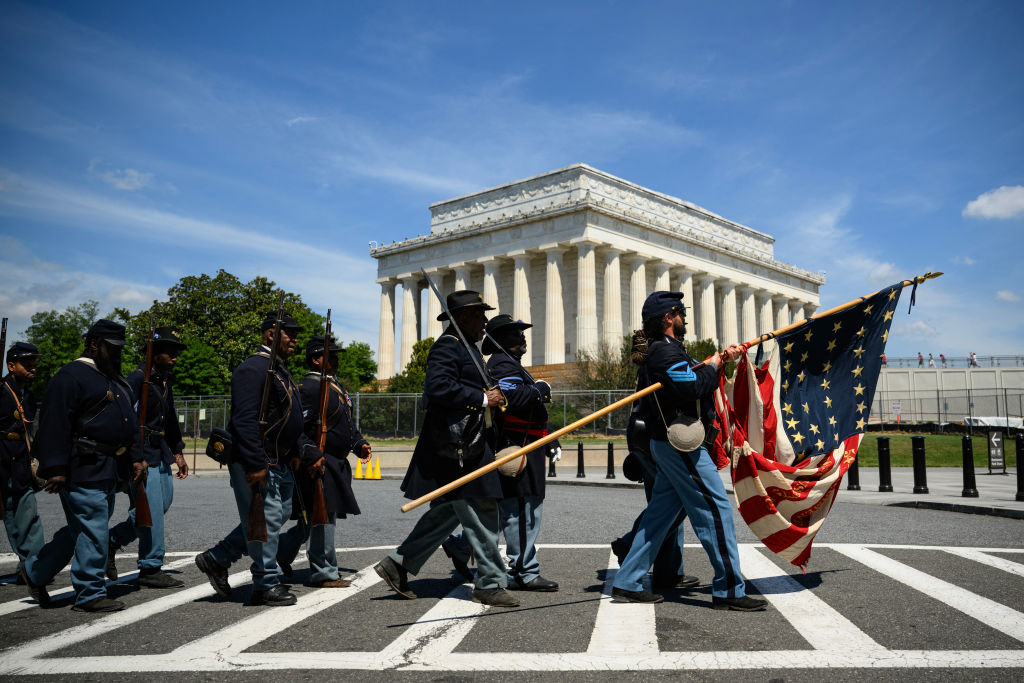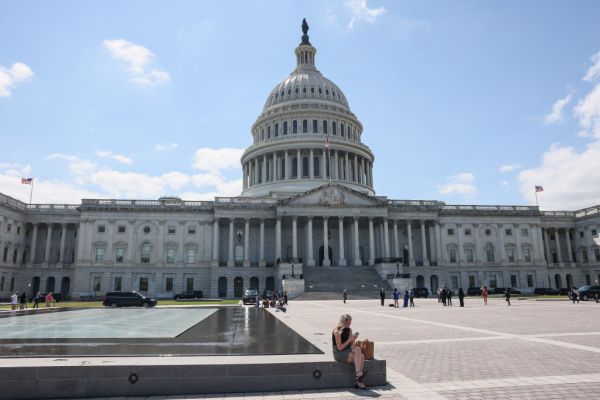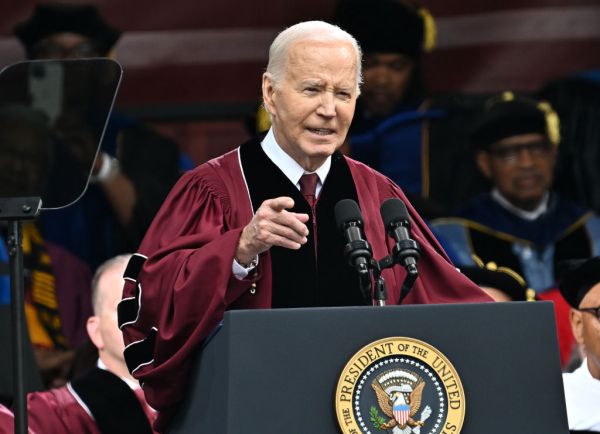A recent post on Threads claims that “Congress failed to pass any voting rights legislation in 2021 and 2022” and the body “unanimously pass[ed] a law making Juneteenth a Federal holiday.”
The first claim is true. The House of Representatives voted to pass the John R. Lewis Voting Rights Advancement Act of 2021 by a vote of 219-212. The bill advanced to the Senate, where Senate Republicans stopped the measure. The legislation would have forced some states to receive pre-clearance from the Department of Justice before new voting practices take effect.
The claim that Juneteenth passed unanimously is false. The Juneteenth National Independence Day Act passed the House by a vote of 415-14, with all the “nay” votes coming from Republicans. The bill then passed the Senate via unanimous consent—a procedural move that allows for quick approval without a formal vote count. This demonstrates broad support for recognizing Juneteenth, which marks the day—June 19, 1865—when Union soldiers enforced the Emancipation Proclamation in Texas, marking the end of slavery in the Confederate states.
On June 17, 2021, President Biden signed the act into law stating, “So let’s make this June—this very Juneteenth, tomorrow—the first that our nation will celebrate all together, as one nation.”
If you have a claim you would like to see us fact check, please send us an email at factcheck@thedispatch.com. If you would like to suggest a correction to this piece or any other Dispatch article, please email corrections@thedispatch.com.






Please note that we at The Dispatch hold ourselves, our work, and our commenters to a higher standard than other places on the internet. We welcome comments that foster genuine debate or discussion—including comments critical of us or our work—but responses that include ad hominem attacks on fellow Dispatch members or are intended to stoke fear and anger may be moderated.
With your membership, you only have the ability to comment on The Morning Dispatch articles. Consider upgrading to join the conversation everywhere.